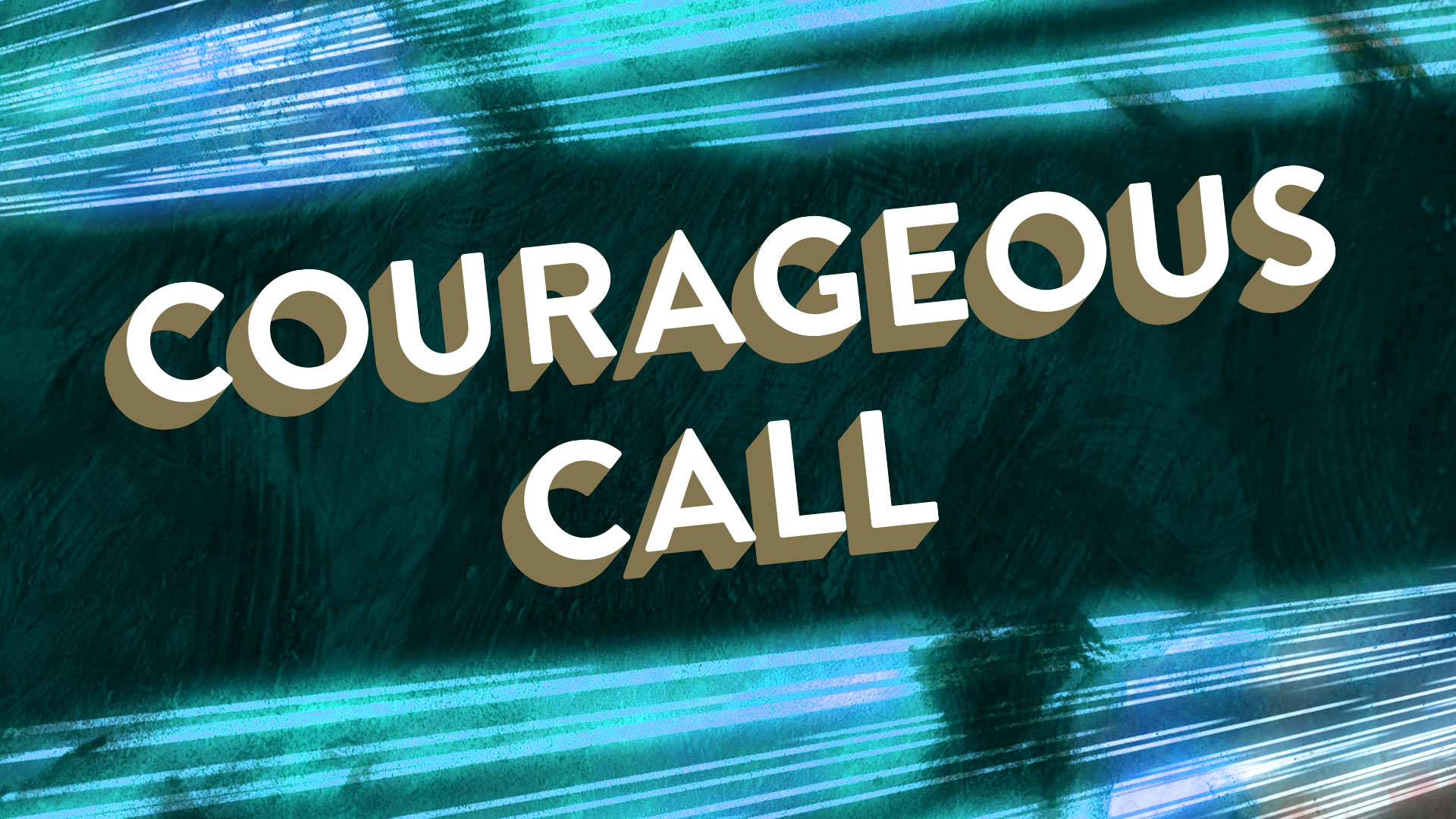In the grand tapestry of human history, where the threads of power, dominion, and moral responsibility inevitably intertwine, few figures have risen with the audacity to challenge the very fabric of despotic rule. Bahá’u’lláh, the founder of the Bahá’í Faith, stands as a beacon of enlightenment, issuing a clarion call for justice, compassion, and the reformation of hearts and minds. His profound teachings serve as a somber warning to despots—those who wield authority without accountability, and who remain ensconced within the solipsistic confines of their own power. At the core of Bahá’u’lláh’s message is a courageous call, a moral imperative that challenges not only the tyrants of his day but also the ethos of tyranny that still permeates modern governance.
To understand the depth of Bahá’u’lláh’s admonition requires recognizing the socio-political landscape of the 19th century. A period rife with monarchies and empires, the abuses of power were rampant. Governments often prioritized self-interest over the welfare of the populace, exploiting social structures to maintain control and suppress dissent. In this milieu, Bahá’u’lláh emerged as a countervailing force. His teachings are not merely an indictment of despotism but embody an ethos of unity, promoting the interconnectedness of mankind and the urgent necessity for global governance that reflects this unity.
The metaphor of light often illuminates Bahá’u’lláh’s discourses. “O Son of Spirit,” he proclaims, “My first counsel is this: Possess a pure, a loving heart, that thine may be a lodge for the light of My spirit.” This metaphysical illumination serves as a counter-narrative to the darkness cast by tyrants. Just as shadows retreat in the presence of radiance, so too can the insidious nature of oppression dissipate when bathed in the light of compassion, justice, and collective human dignity.
Bahá’u’lláh’s courageous call urges not merely for the overthrow of tyrants but for the metamorphosis of the very structures that allow such despotism to fester. This is achieved through a few salient teachings: the oneness of humanity, the equality of all people, and the necessary coexistence of religion and science. Each tenet serves as a reminder that governance should not reflect the whims of a few but the collective aspirations of all.
Taking the idea of the oneness of humanity, Bahá’u’lláh presents an evocative image: humanity as a single body, wherein the health of each member is essential to the overall well-being of the entire organism. Such a view disallows segregation and discrimination, suggesting that the physical and spiritual progress of any one segment of society directly correlates with the welfare of others. This metaphorical unity becomes a rallying cry against despots, beckoning them to recognize that the oppression of one is the oppression of all.
Moreover, Bahá’u’lláh’s emphasis on the equality of genders dismantles entrenched patriarchal paradigms, further undermining the foundations of despotism. He asserts that the social fabric must be woven with threads of equality, allowing for the elevation of women alongside men. Ignoring this principle not only perpetuates injustice but also stifles the potential for holistic societal growth. It is a profound indictment of any form of governance that seeks to marginalize voices, encouraging an inclusive dialogue steeped in respect and fairness.
In the schism between religion and science, Bahá’u’lláh’s teachings advocate for a synthesis—an acknowledgement that both realms hold valuable insights into the human experience. Despots thrive in environments of ignorance, where dogma supersedes reason. By integrating scientific inquiry with spiritual enlightenment, Bahá’u’lláh calls for the birth of a new paradigm of governance—one that utilizes rationality to inform morality, thus preventing the unbridled ambition of rulers seeking dominion without responsibility.
The call for a shift in governance is accompanied by a reminder of the ephemeral nature of power. Tyrants often operate under the illusion of invincibility, blinded by their own authority. Bahá’u’lláh, however, ingrains the wisdom of temporal existence into his teachings, asserting that all power ultimately derives from God and is subject to His will. This humbling perspective serves as a prophetic warning to despots: tyranny is not only morally indefensible but also inherently unstable, as the very authorities that rise through oppression often find themselves in precarious positions, facing inevitable decline.
This intricacy of Bahá’u’lláh’s thought forms a formidable bulwark against despotism. His courageous call is not merely for a revolution of systems but a renaissance of the human spirit, urging individuals to cultivate virtues that foster goodwill, empathy, and justice. Such personal transformations are fundamental in seeking to dismantle the oppressive frameworks that have constrained humanity for centuries.
Furthermore, the application of Bahá’u’lláh’s teachings transcends the immediacy of political revolution; it speaks to a deeper social consciousness, where engagement in the affairs of the world becomes an obligation for all. The compassionate heart and the loving spirit must inform interactions at every societal level, from the family unit to the corridors of power. This dynamic interplay of compassion and justice forms the foundation of a new societal ethos—one where despots find no sanctuary.
In conclusion, Bahá’u’lláh’s courageous call serves as both a warning and a guiding principle for humanity’s evolution towards a just and equitable society. Through his evocative metaphors and deep reflections, he implores all rulers—and indeed all individuals—to recognize the sanctity of each soul and the interconnectedness that binds us. Despotism, he asserts, has no legitimacy in the light of this profound truth. Only through the lens of love, equity, and shared responsibility can humanity hope to transcend the shadows of tyranny and realize the luminous potential inherent within each heart.
